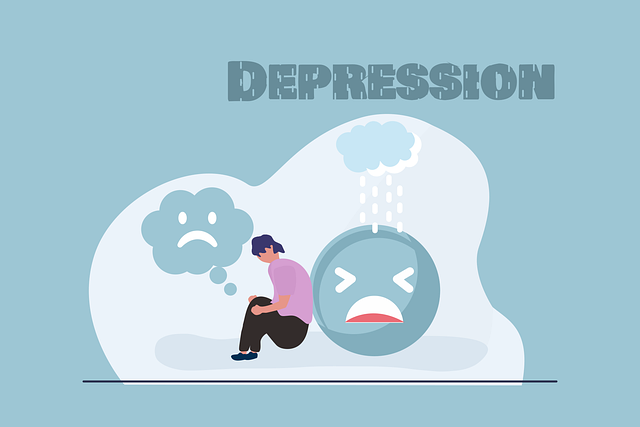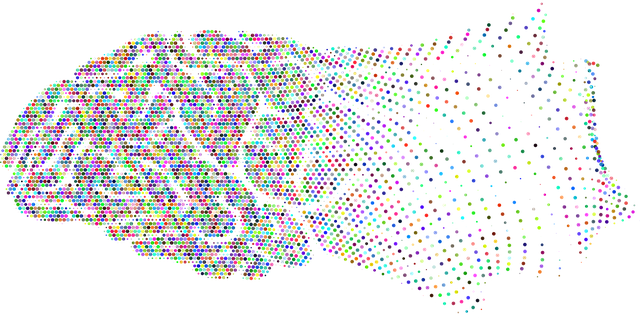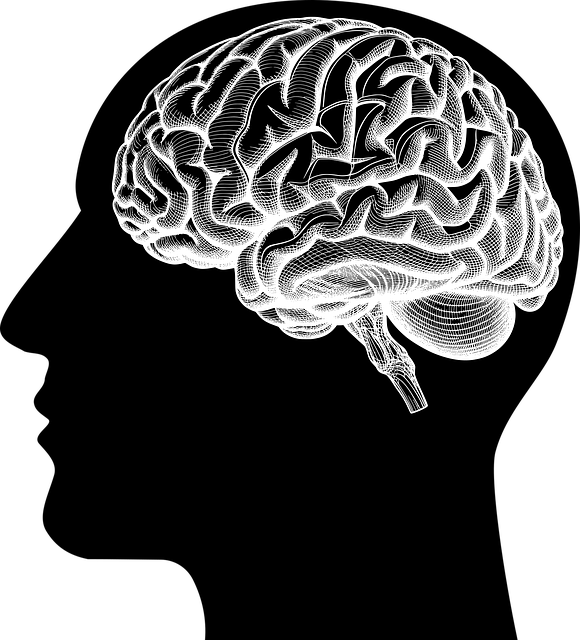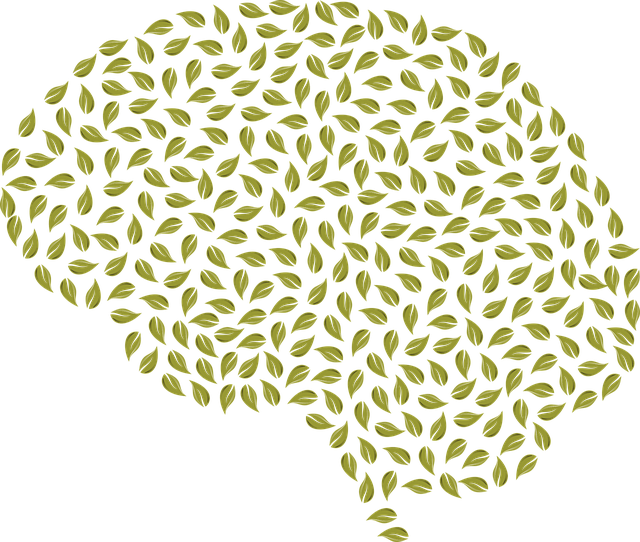Centennial Cancer Issues Therapy (CCIT) provides specialized holistic support for individuals grappling with cancer-related loss, grief, and bereavement. Through tailored interventions in a safe environment, CCIT addresses emotional, physical, and psychological needs, fostering resilience and long-term mental wellness. Using evidence-based practices, they help clients process their unique grief journeys, advocate for resources, develop coping mechanisms, and find meaning, ultimately enhancing quality of life.
Loss, grief, and bereavement counseling are essential tools for navigating life’s most challenging moments. This comprehensive guide delves into the complex worlds of understanding loss, managing grief, and providing support during bereavement, especially in the context of cancer-related tragedies. We explore the profound impact of Centennial Cancer Issues Therapy, unlocking healing and supportive tools for grieving individuals. Remember that seeking counseling is a vital step towards healing and finding solace.
- Understanding Loss, Grief, and Bereavement: A Comprehensive Overview
- The Role of Counseling in Navigating Cancer-Related Bereavement
- Centennial Cancer Issues Therapy: Unlocking Healing and Supportive Tools for Grieving Individuals
Understanding Loss, Grief, and Bereavement: A Comprehensive Overview

Understanding loss, grief, and bereavement is a multifaceted process that involves recognizing and comprehending the unique challenges associated with these experiences. Loss can be defined as the absence or depletion of something significant, whether it’s the passing of a loved one, the end of a meaningful relationship, or even the departure from a familiar environment. Grief, on the other hand, is the emotional response to loss, characterized by a range of feelings including sadness, anger, and guilt. It’s a natural and often complex process that varies greatly from person to person. Bereavement, in the context of cancer issues, can be particularly acute due to the unexpected nature of the disease and its profound impact on individuals and their families.
Centennial Cancer Issues Therapy focuses on providing comprehensive support for those navigating loss, grief, and bereavement. This includes addressing not just the emotional turmoil but also the potential physical and psychological impacts that accompany such traumatic events. Burnout prevention and mental wellness are key aspects of these counseling services, ensuring individuals find healthy ways to cope with their anxiety relief while fostering resilience in the face of adversity. Through tailored interventions, therapy aims to help clients understand and process their grief, ultimately promoting a path towards healing and improved quality of life.
The Role of Counseling in Navigating Cancer-Related Bereavement

Navigating cancer-related bereavement can be an incredibly challenging journey, but counseling plays a pivotal role in helping individuals process their loss and heal. When faced with the profound grief associated with cancer, seeking professional support through therapy becomes essential for maintaining mental wellness. Centennial Cancer Issues Therapy offers specialized services designed to address the unique emotional needs of those dealing with cancer and subsequent bereavement.
Counseling provides a safe and supportive space for individuals to express their feelings, memories, and concerns related to their loss. Through evidence-based practices and tailored interventions, therapists help clients develop effective conflict resolution techniques to manage grief. Moreover, counseling sessions can facilitate mental health policy analysis and advocacy, ensuring that individuals affected by cancer have access to appropriate resources and support systems. This holistic approach not only supports the individual during the immediate bereavement period but also empowers them with tools for long-term resilience.
Centennial Cancer Issues Therapy: Unlocking Healing and Supportive Tools for Grieving Individuals

Centennial Cancer Issues Therapy (CCIT) offers a unique and supportive approach to healing for individuals navigating loss, grief, and bereavement. This therapeutic method recognizes that cancer and its aftermath can profoundly impact not only physical health but also mental wellness. By addressing these complex emotions, CCIT aims to unlock powerful tools for personal growth and resilience.
Through tailored sessions, CCIT provides a safe space for individuals to explore their feelings of loss, anxiety, and depression, often associated with cancer and its treatment. Mental Wellness Coaching Programs Development within this therapy focus on building coping mechanisms and enhancing emotional intelligence. By integrating evidence-based practices, the therapeutic process supports clients in developing resilience, enabling them to navigate challenging emotions and foster a sense of peace. Additionally, CCIT empowers individuals to find meaning and purpose in their experiences, promoting long-term mental wellness and improved quality of life.
Counseling plays a pivotal role in helping individuals navigate the complex journey of loss, grief, and bereavement, especially in cancer-related cases. As discussed in this article, understanding these emotions is essential, and therapies like Centennial Cancer Issues Therapy offer valuable tools for healing. By providing support and guidance, counseling enables people to process their feelings, cope with the void left by a loved one, and ultimately find ways to integrate their experiences into their lives, fostering resilience and a renewed sense of purpose.














